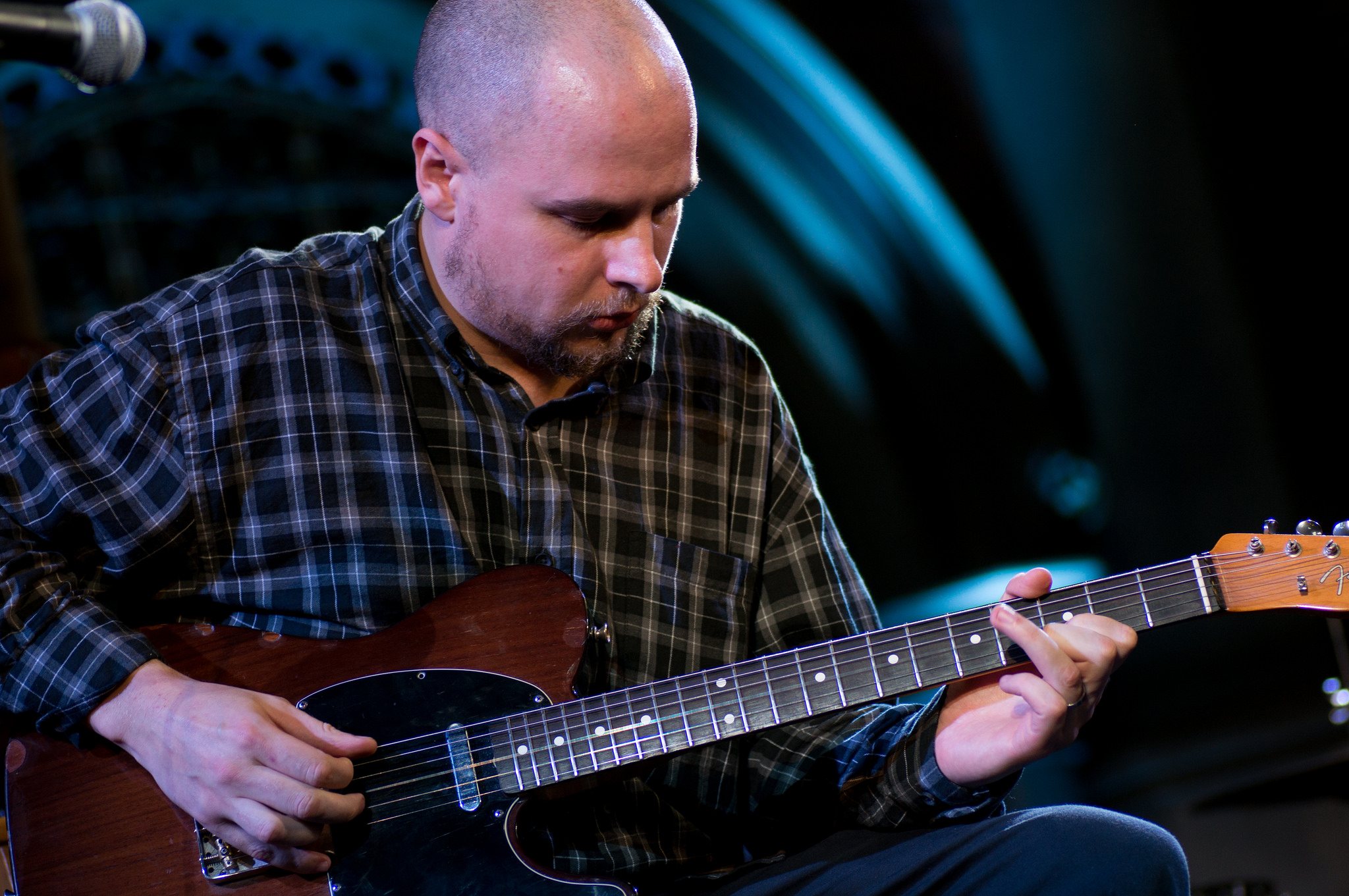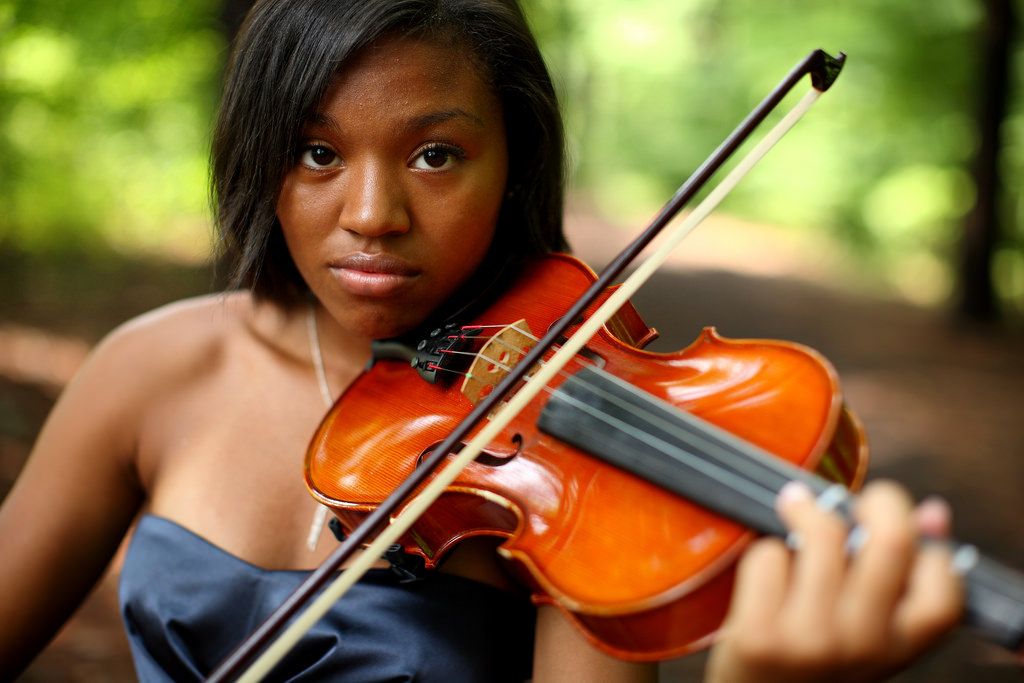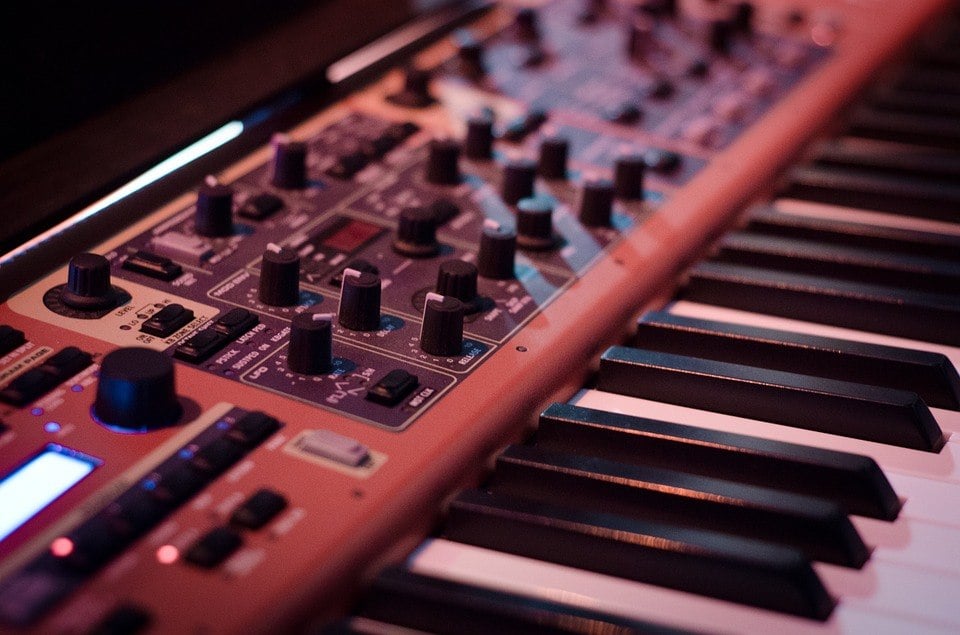It is said that the only thing better than listening to music is creating it yourself. The path to discovering your inner musician is paved with a few thorns, but that doesn’t mean that the journey itself isn’t worth the trouble. An extensive study carried out by Wheaton College has shown that music provides long-term benefits with an emphasis on increasing your brain productivity and sharpness. It is undeniable that music brings forth our underlying emotions (some might even say our soul) and you have all experienced it. Just think of those times when you felt goosebumps from your favorite song, or even direct empathy from a musical piece you haven’t heard before. Now imagine creating that feeling by yourself. Imagine being the one in control of the notes as if they were words. You should also know that playing an instrument gives you a real advantage in life. The benefits are numerous, but the most important one is improving yourself as a person. Just as our body needs food and water to survive, think of music as the bread for the soul. Even if you’re not really aiming for nirvana through musical literacy, you will at least start seeing the world with a new set of eyes.
Getting started
After you have decided that you are committed to learning an instrument, there are still a couple of things you need to get sorted out before actually taking the instrument in your hands. Being that you are probably an adult, first make sure that you clear up your daily schedule. Practice makes perfect and you will need to play almost every day in order to have visible progress. A ton of patience – Prepare yourself mentally that learning to play an instrument is not a short process. You will have many obstacles to clear and for every up in your playing, expect a down as well. Believe in yourself and be confident: music is more of a psychological challenge than a physical one. Find a teacher or other teaching methods – You will be surprised how many great musicians live in your area and are ready to give lessons. Use them as much as you can, as a professional will gladly reveal all the tips and tricks to a persistent student. On the other hand, you can get online tutoring. Or if you are feeling up to it, you can use one of the many textbooks on the market to get started. Get all the accessories you’ll need – By accessories I mean getting a notebook (a music journal or manuscript paper), a suitable case for your instrument, and any additional equipment you might need. Brushing up on musical theory is also something you might want to consider if you are not a total beginner.
Picking out an instrument
All that is left is to pick the instrument you will use to create music. Reasons for picking an instrument are numerous, but let’s narrow down your search by implementing certain search factors that are common for most beginners.
The music you like More often than not, people want to learn to play an instrument in order to recreate their favorite music. Choosing an instrument this way can be very helpful, because you will have more inspiration and are far less likely to give up before you can jam along with your preferred band. However, choosing an instrument because of a single band can be misleading. After a few years, your taste in music might change, and you might find yourself unable to play a particular tune on your instrument. Therefore, I recommend choosing a versatile instrument, one that can carry out multiple genres. Finding a teacher I have already emphasized the importance of having a teacher and the more “exotic” your instrument, the more difficult it becomes to find a teacher in your neighborhood. Considering the speed of modern lifestyle, the last thing you’d like is to travel for hours every day only to have that didjeridu class. The number of available teachers refers to another factor that shouldn’t become one of your primary reasons, but it definitely makes a difference. The popularity of an instrument
Even though you shouldn’t be led by the popularity of an instrument, it comes as natural that there are certain advantages in picking a popular instrument. First, it is easy to buy one along with any additional equipment; and second, the number of people you can play with is simply larger with a violin than with a specially made diatonic accordion. Singing and playing at the same time Having in mind that you are a true music aficionado, you will probably want to make the most out of your music-playing experience. Letting your voice be heard comes as a logical continuation. Furthermore, having the option of being able to sing while playing means that you will be able to mimic popular songs and famous bands entirely. With everything in mind for the goal of helping a beginner choose the instrument that will help to express their creativity, I’ve narrowed down my recommendation to two instruments. Digital Pianos and Guitars – these two instruments fit perfectly inside every parameter I mentioned earlier. Among the most popular and easily recognizable instruments in the world, digital pianos and guitars offer a colorful array of possible music with easy accessibility. Perfect for feature solo artists as well those looking forward to playing in a band, digital pianos and guitars can lead, support, or even solely carry an entire musical piece.
Digital Pianos
Digital pianos basically mimic the sound of an acoustic piano with the distinction that a digital piano can be carried around, whereas acoustic pianos move around only in cartoons. Digital pianos are actually recommended for learning, as they come with features specially made to suit a beginner. Of course, everything you learn by practicing with a digital piano is applicable on an acoustic piano. Digital pianos basically use sampled piano sounds which are amplified through a loudspeaker. In fact, digital pianos have several advantages over their acoustic counterparts. Much smaller and lighter, digital pianos are far less expensive. With digital pianos, you have the option of adjusting the volume, and some digital pianos even have the option of playing different sounds (not just the piano) such as the pipe organ and harpsichord. Digital pianos do not require tuning and are simply perfect as a stable musical platform that you can use wherever and whenever you wish.
Guitars
As you all probably know, a guitar is a string instrument usually with six strings and, in a way, represents a modern continuation of one of the oldest instruments. Over the years, guitars have become an epitome of coolness and have made their way into almost every genre of music. There are several basic types of guitars for you to choose from: Acoustic Guitars Acoustic guitars create their sound without any means of amplification (except the body of the guitar). They have a rich sound and are mainly reserved for small venues. There are numerous types of acoustic guitars with the main differences being the tonal qualities. Acoustic-Electric Guitars Acoustic-electric guitars are basically acoustic guitars that have a plug for an amplifier or a recording device. Unamplified, they are similar to acoustic guitars. But once plugged in, acoustic-electric guitars make a distinctive sound right between an electric and an acoustic guitar. Electric Guitars Electric guitars, as their name suggests, are designed to be played with an amplifier. Unamplified, electric guitars produce a very shy sound. Once jacked-up, a skilled artist can make it cry or weep, as Mark Knopfler once famously put it. Bass Guitars Bass guitars do not have the flashy, slick popularity of their electric cousins; nevertheless, they create a unique sound in music. Originally made to be a part of the rhythm section of a band, bass guitars are stable and reliable. In the hands of a master, bass guitars can perform truly breathtaking musical phrases.
The final choice is yours
The last task for you is to embark on the beautiful journey of exploring the seas of music. Remember, there are no standard paths, no shortcuts, and no wrong turns. Keep a pace that best suits your preferences and try your best to make the music that makes you happy and satisfied.




